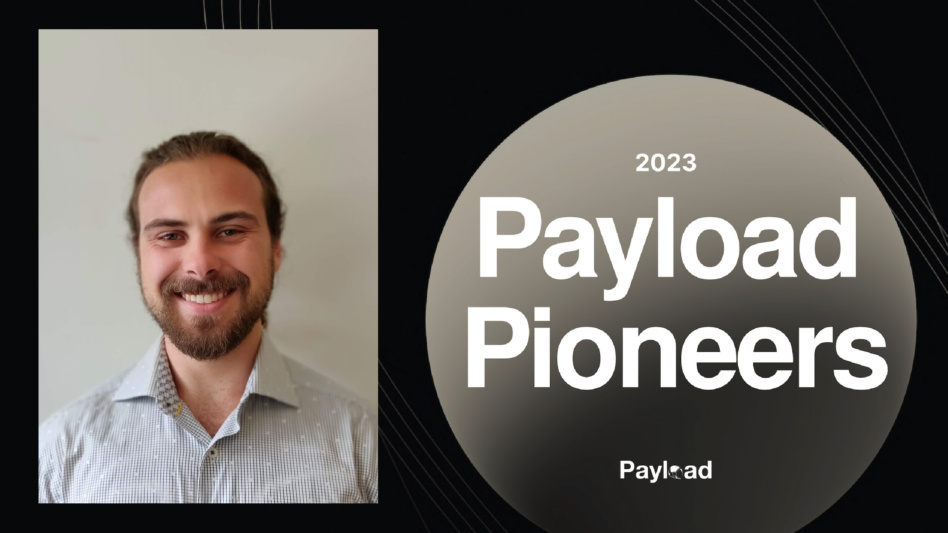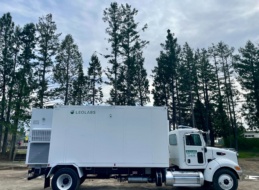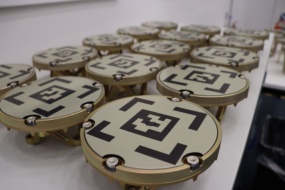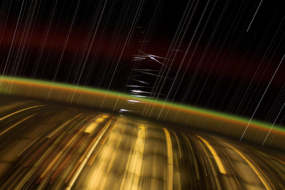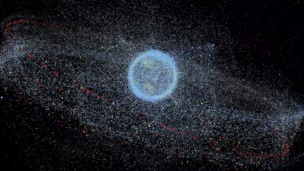The founder of the world’s only dedicated rendezvous, proximity operations, and docking (RPOD) software company is aiming to fix the debris problem in Earth’s orbit.
Kevin Stadnyk’s passion for space sustainability led him to start building a solution while still working on a Master’s degree. Since then, the 28-year-old cofounder of Obruta Space Solutions has been working to bring his expertise to the growing market of satellite servicing and debris management.
“My journey so far has been fueled by an unwavering passion for exploration and a deep conviction in the importance of space for humanity’s future,” Stadnyk told Payload.
Obruta’s origin: Originally, Stadnyk and his cofounder, Kirk Hovell, set out to pursue space debris removal, which he believes is the most pressing issue facing the growing space economy.
“Academics have been yelling from the rooftops about the issue since the 70s, but much like climate change, the broader industry doesn’t truly care until it begins to directly impact them,” Stadnyk said. “Because of this, Obruta pivoted to focus on more near-term technology needs in the satellite servicing space.”
Now, Stadnyk uses his education in proximity operations to design software for other companies to use in their servicing satellites through Obruta. “We are the rising tide that lifts all boats,” Stadnyk said.
